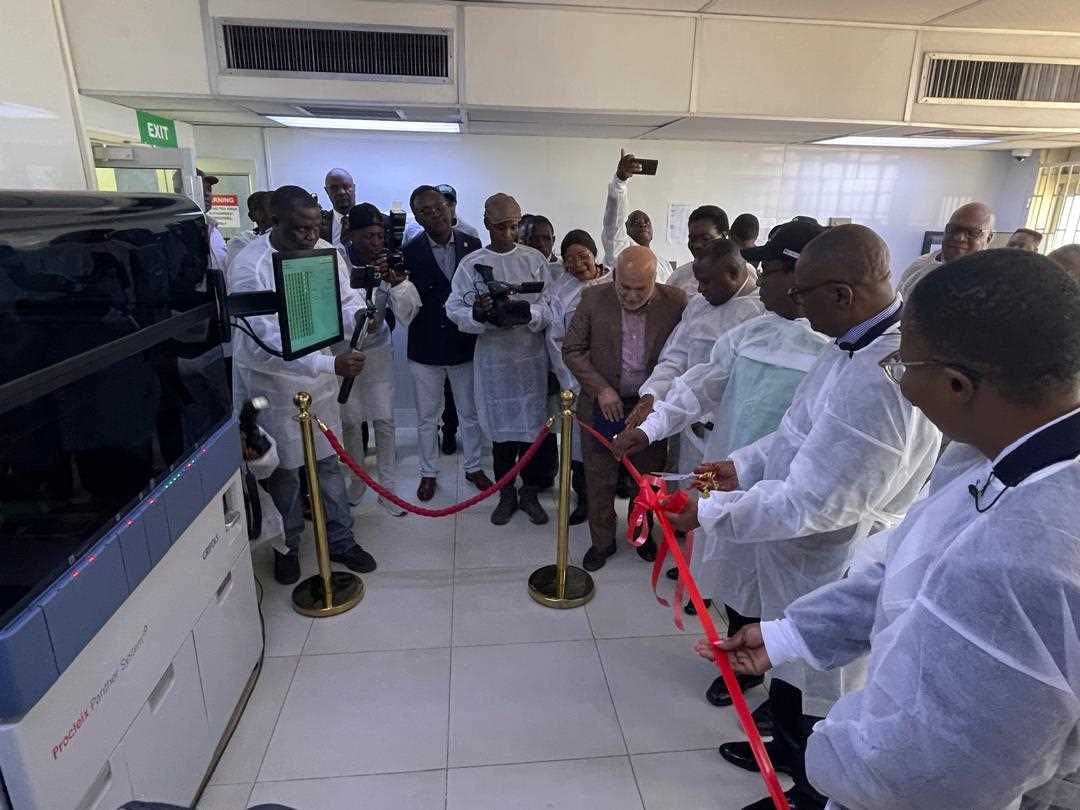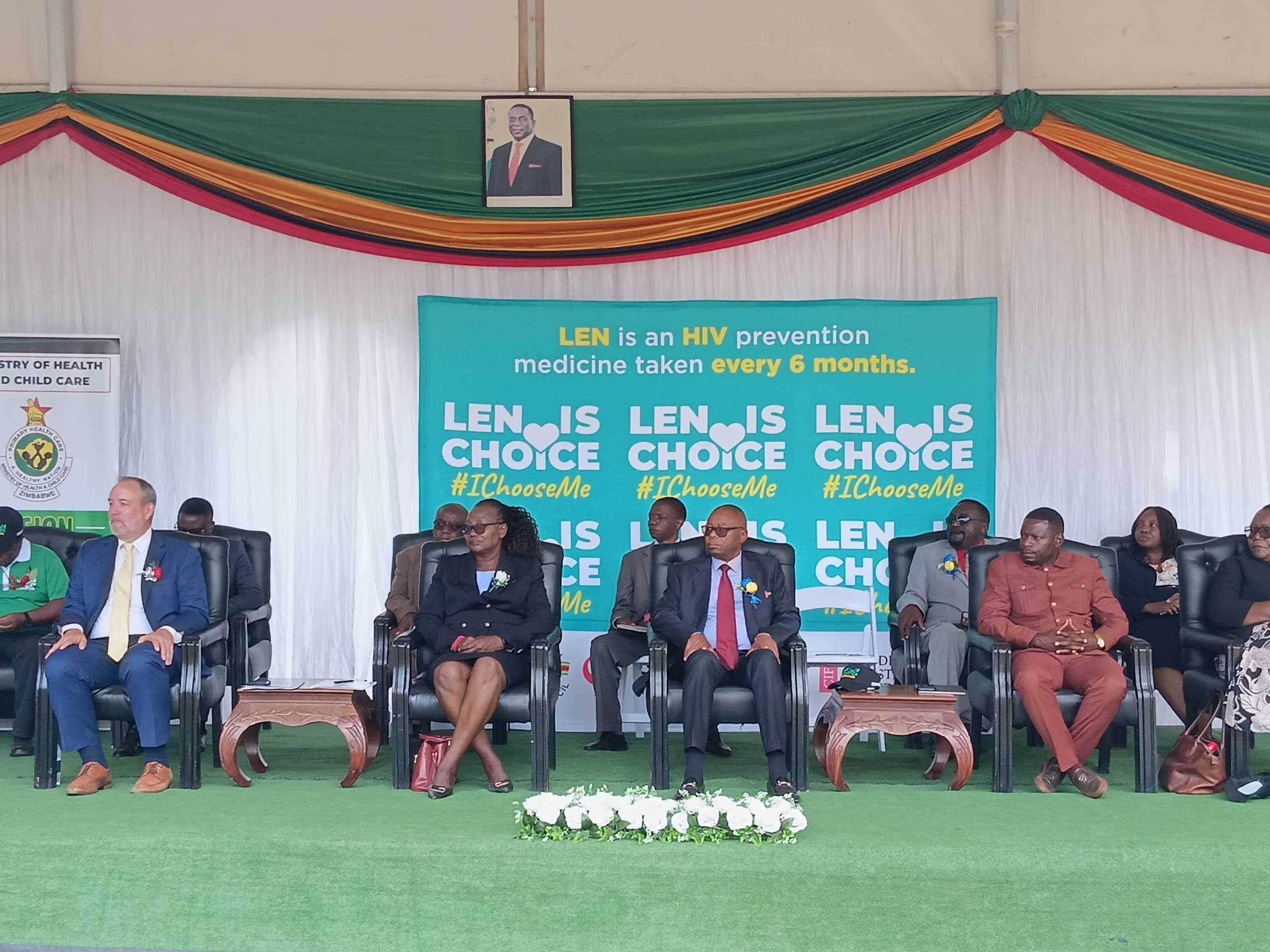
Rutendo Mazhindu
Zim Now Reporter
Government has officially launched the Health Work Force Strategy 2023-2030, aimed at transforming the country’s human resources for health and ensuring the highest quality of life for all Zimbabweans by 2030. As part of this initiative, the government also signed the Health Work Force Compact 2024-2026, demonstrating its commitment to accelerating investments in the development of the health workforce and fostering collaboration across multiple sectors.
Zimbabwe is considered a trailblazer in implementing the principles of the Africa Health Work Force Investments Charter, which urges countries to prioritise health workforce investments based on solid evidence. The charter emphasises the need for countries to use data and research to inform decisions about where to allocate resources for the health workforce.
Dr Matshidiso Moeti, WHO Regional Director for Africa, commended the move, stating, "The signing of Zimbabwe’s Health Work Force Investments Compact is a powerful demonstration of the country's commitment to improving its health workforce. It is a bold step that will contribute to the overall health of the Zimbabwean people."
Related Stories
She further encouraged development partners to align with the compact to maximise collective efforts, addressing critical health challenges such as infant mortality, infectious diseases, and ensuring essential services like vaccinations are available to all Zimbabweans.
The Zimbabwe Health Workforce Strategy outlines five key areas to guide the country’s efforts to strengthen its health workforce: planning and financing, production, training and development, deployment and utilization, governance and management, as well as monitoring and evaluation, research, and ICT integration. These areas are intended to create a robust framework for improving the country's healthcare system over the next several years.
To achieve the goals of the strategy, a total investment of US$1.63 billion is required between 2024 and 2026. An additional US$475 million is needed to meet the broader objectives of the strategic plan.
Minister of Health and Child Care, Dr Douglas Mombeshora, noted that "through this compact, the government commits to allocating 75% of the required funds, ensuring that these resources are ring-fenced, thereby creating opportunities for collaboration with development partners and the private sector."
Zimbabwe’s healthcare sector has long faced significant challenges, particularly in the area of human resources.
This new strategy, backed by the compact, aims to address these issues by ensuring better planning, training, and management of the country’s health workforce, ultimately improving the overall health and well-being of its citizens.



















Leave Comments